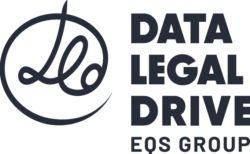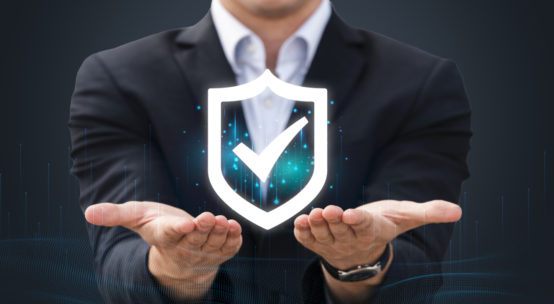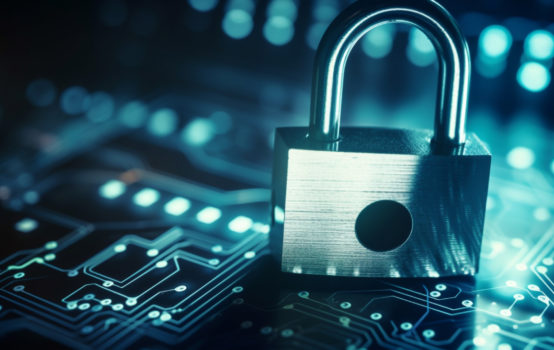As the Data protection officer (DPO) of a group, managing GDPR compliance is a crucial mission to ensure the protection of personal data and avoid the penalties provided for in the event of non-compliance.
How to manage GDPR compliance as a DPO Group?
In a group, organizational structures can be complex, with multiple entities, each processing different data types. The DPO must ensure that all entities comply with GDPR and harmonize data protection policies.
They must therefore ensure close coordination between the various departments and data responsible within the group. Establishing fluid and effective communication is essential to guarantee a consistent and comprehensive approach to data protection.
Which actions take to manage your GDPR compliance efficiently?
- Carry out an initial compliance audit: conduct an in-depth audit to assess the current data protection situation in all group entities. This will help identify any gaps and define an action plan
- Nominate local referents: appoint local referents in each entity to facilitate compliance and communication with the DPO. Designating local representatives ensures a decentralized approach while maintaining a global vision of data protection at the group level. Collaboration between the Data Protection Officer and local referents is essential to ensure effective and consistent compliance with the GDPR throughout the organization
- Establish internal policies and procedures: draw up clear data protection policies and internal processes to guide group employees in handling data. Make sure they understand their data protection responsibilities and how to implement them
- Awareness-raising and training: the data protection culture must be integrated at all levels of the organization. The DPO must raise awareness and train staff on GDPR-related issues and good data protection practices. Referents should take an active role in boosting local staff’s awareness of data protection issues
- Managing the rights of data subjects: ensure that requests to exercise the rights of data subjects are handled efficiently. Referents can handle all requests to exercise data subject rights locally, contributing to faster management of these requests
- Data breach management: implement a data breach reporting process and ensure that the relevant authorities and data subjects are informed on time
- Draw up agreements with data processors: groups often use several data processors as part of their activities. The DPO must ensure that all contracts with processors comply with the GDPR requirements and guarantee personal data security
- Regularly assess compliance: the GDPR is not a one-off task but an ongoing process. The DPO must conduct regular assessments, internal audits, and updates to maintain continuous compliance
- Cooperate with supervisory authorities: Cooperate with the relevant supervisory authorities and respond to their requests for information within the set deadlines
- Regulatory tracking: the DPO must keep up to date with changes in data protection regulations to adapt to any new legal requirements as quickly as possible
Managing GDPR compliance as the DPO of a group is a complex challenge that requires a strategic approach and close collaboration with various entities. Continuous observation and ongoing awareness are essential to ensure individuals’ trust in how the organization handles their data.






